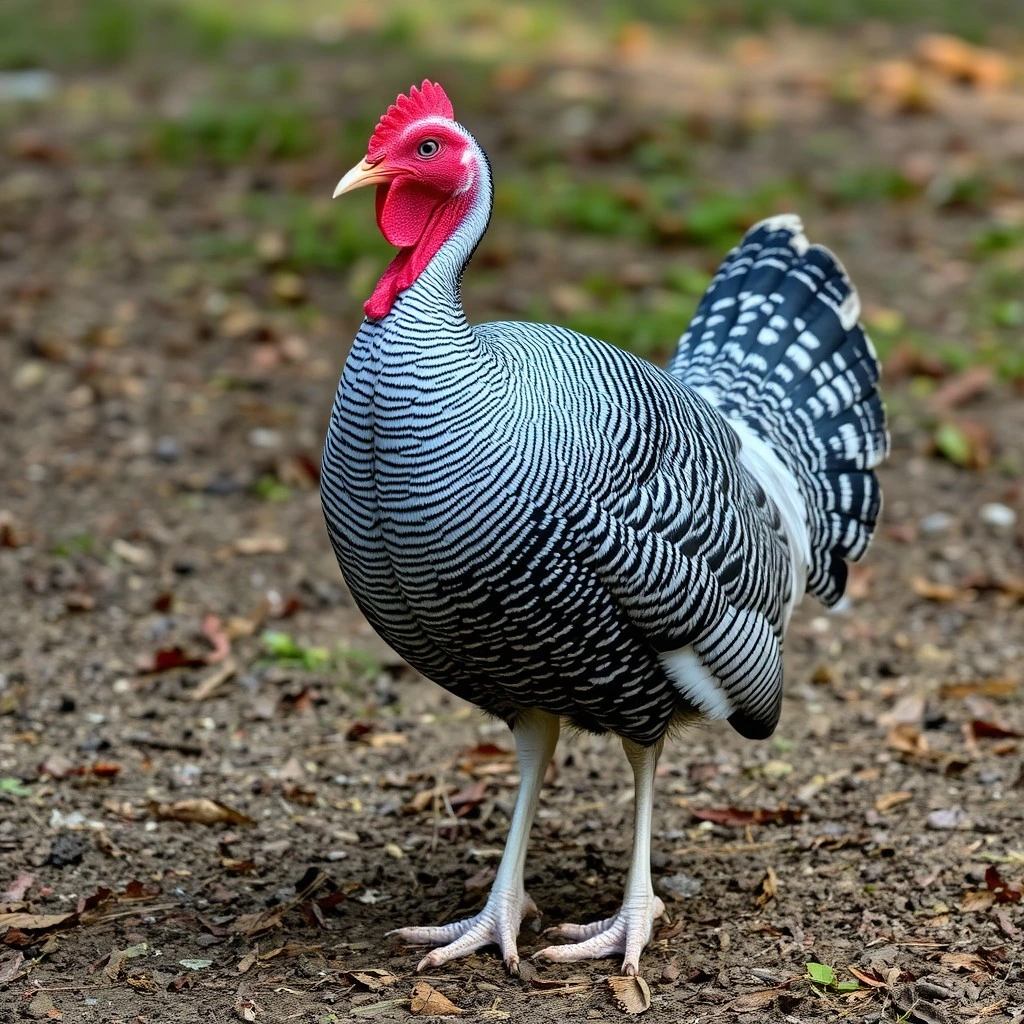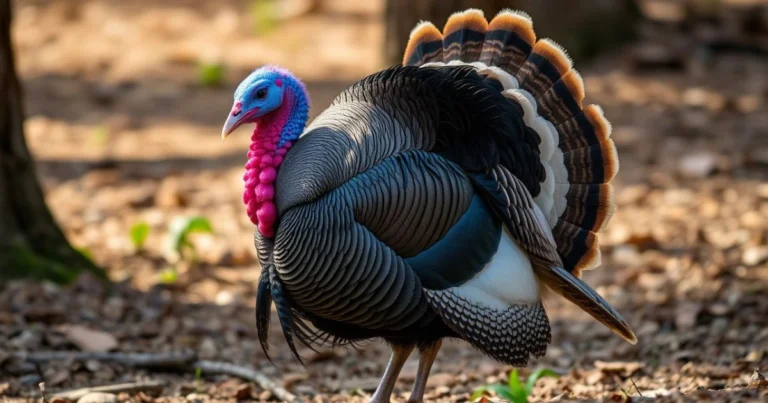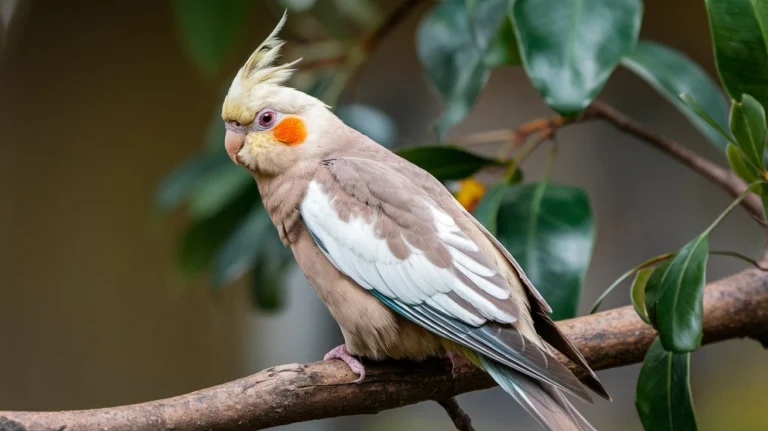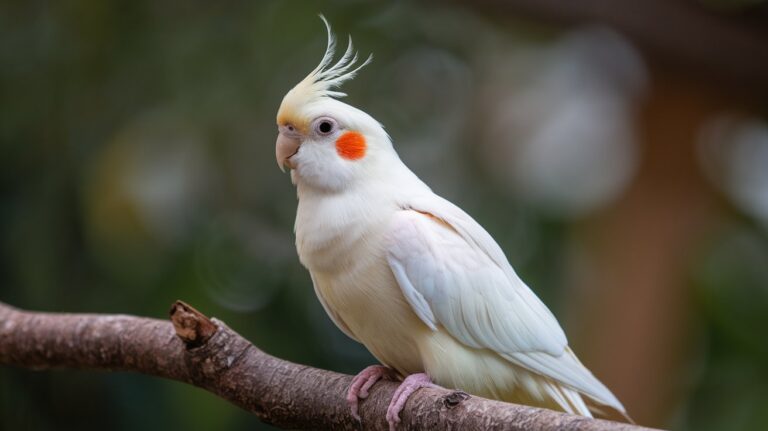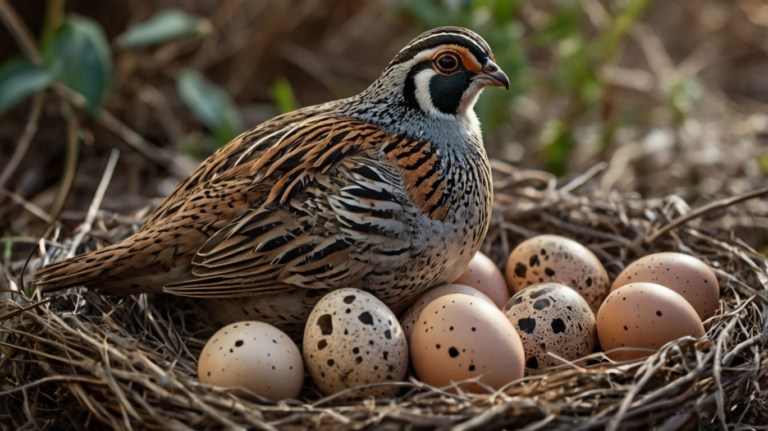Top Benefits of Raising Guinea Fowl on Your Property
Imagine walking out into your yard and it’s full of life and beauty. Instead of pests, you see beautiful birds welcoming you. These birds are not just pretty; they help create a balanced ecosystem in your yard.
Raising these birds can bring many benefits to your land. Whether you’re a seasoned homesteader or just want to make your yard greener, guinea fowl could be the perfect addition.
| Attribute | Description |
|---|---|
| Official Name | Numida meleagris |
| Common Name | Guinea Fowl |
| Pet Height | 12 – 24 inches (30 – 61 cm) |
| Pet Weight | 1.5 – 4 pounds (0.7 – 1.8 kg) |
| Lifespan | 10 – 15 years in captivity |
| Smartness Level | Moderate (Curious, but less trainable than some other birds) |
| Engagement in Play | Moderate (Enjoys roaming and foraging, but not very interactive) |
| Human-Friendly | Low to moderate (Can be skittish, but may become more trusting over time) |
| Animal-Friendly | Moderate (Can get along with other animals but may be territorial) |
| Favorite Food | Seeds, grains, insects, and small plants |
Table of Contents
1. Natural Pest Control
How Guinea Fowl Act as Nature’s Pest Control System
Guinea fowl are great for controlling pests naturally. Unlike chickens, they don’t scratch up your yard. They eat pests like ticks, mosquitoes, and fleas.
- Ticks
- Mosquitoes
- Grasshoppers
- Fleas
- Beetles
They can really cut down on tick populations. This makes your outdoor spaces safer. Plus, you’ll use less chemical pesticides, which is good for the environment and your wallet.
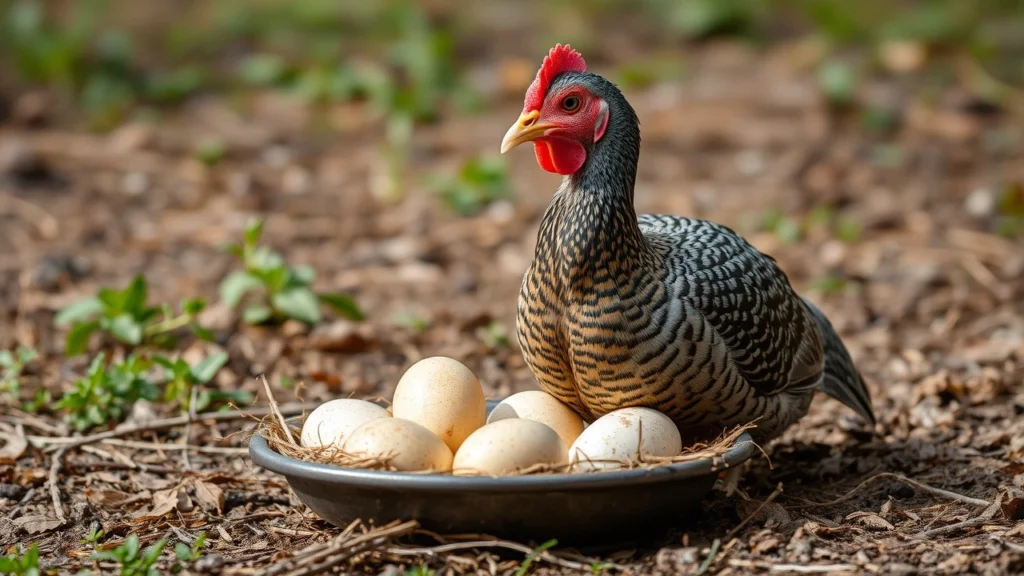
2. Minimal Maintenance Requirements
A Low-Care Addition to Your Homestead
If you’ve raised chickens before, you know the work can be a lot. But guinea fowl are different. They are mostly self-sufficient once they get used to your place. Here’s what you’ll like about their easy care:
- Foraging Independence: They find a lot of their food, which saves on feed costs.
- Hardy and Adaptable: These birds can handle different climates well, staying strong in changing weather.
- Shelter: Unlike other birds, guinea fowl don’t always need a coop. But a simple shelter helps in bad weather.
Compared to chickens, guinea fowl are cheaper to keep and need less care. They’re great for busy homesteaders or those with limited resources.
3. Excellent Guard Animals
Protecting Your Property with Natural Watchdogs
Guinea fowl are not just quiet helpers. They’re very alert and will sound an alarm if they see something strange. Their loud calls warn you of any danger.
They’re also good at keeping away small predators like:
- Snakes
- Rodents
- Small intruders like raccoons
While they can’t replace your security system, they add an extra layer of safety. This is especially common in countryside or remote regions.
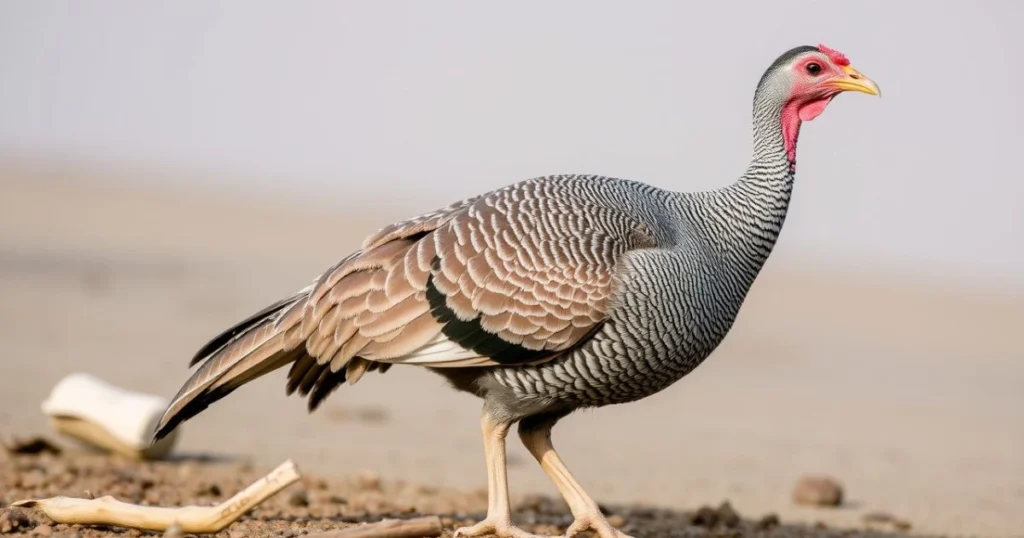
4. Eco-Friendly Fertilizer Source
Guinea Fowl Droppings as a Natural Fertilizer
If you garden, you’ll love this. Guinea fowl droppings are great fertilizer. They’re full of nutrients that help your plants grow without synthetic fertilizers.
Here’s what their droppings offer:
- Nitrogen, Phosphorus, and Potassium (NPK): These are key nutrients for plants.
- Improved Soil Health: The organic matter in their droppings makes the soil better for plants.
Guinea fowl manure can be used directly in gardens without composting. Just use it in moderation to avoid too much fertilizer.
5. Aesthetic Appeal
Adding Beauty and Diversity to Your Land
Guinea fowl are beautiful birds that make your property stand out. Their colorful feathers and social behavior add charm. They also help create a balanced ecosystem by living well with other birds.
Having guinea fowl is not just about looks. It’s also a great conversation starter. They make any homestead or property special.
6. Nutritious Meat and Eggs
A Healthy and Tasty Alternative to Traditional Poultry
Guinea fowl are great for cooking. Their meat and eggs are full of flavor and nutrients, unlike traditional poultry.
- Guinea Fowl Meat: It’s leaner and tastes richer than chicken. It’s also high in protein and has a low fat content.
- Eggs: Smaller than chicken eggs, guinea fowl eggs are packed with nutrients and have a unique taste.
| Nutrient | Guinea Fowl Meat (per 100g) | Chicken Meat (per 100g) |
|---|---|---|
| Protein | 20g | 19g |
| Fat | 5g | 8g |
| Calories | 134 | 165 |
This table shows why guinea fowl are good for those who want to live off the land and eat organic. They offer many health benefits.
7. Sustainable and Self-Sufficient
Guinea Fowl as Part of a Sustainable Homestead
Guinea fowl are great for those who care about the environment. They need less food, shelter, and medicine than other birds.
Benefits of a sustainable approach with guinea fowl:
- Environmental Impact: They use less pesticides and eat less food.
- Permaculture-Friendly: They fit well into permaculture systems, helping plants and animals live together.
Guinea fowl are a good choice for those wanting to live more sustainably. They are easy to care for and help the environment.
FAQs
Here are some answers to common questions about guinea fowl.
Are guinea fowl noisy? Yes, they are alert and can make noise. This helps them guard against predators.
Can guinea fowl live with chickens? Yes, they can live with chickens. But, they like to roam, so give them space.
Do guinea fowl need a coop? They don’t need a coop like chickens do. But, they do need shelter in bad weather.
How do I keep guinea fowl on my property? They like to roam, but can be trained. Feed them in the same spot every day to help them stay there.
Conclusion
Raising guinea fowl is a great idea. They help with pests, improve garden health, and look unique. They are low-maintenance and a great choice for anyone wanting to live in harmony with nature.
